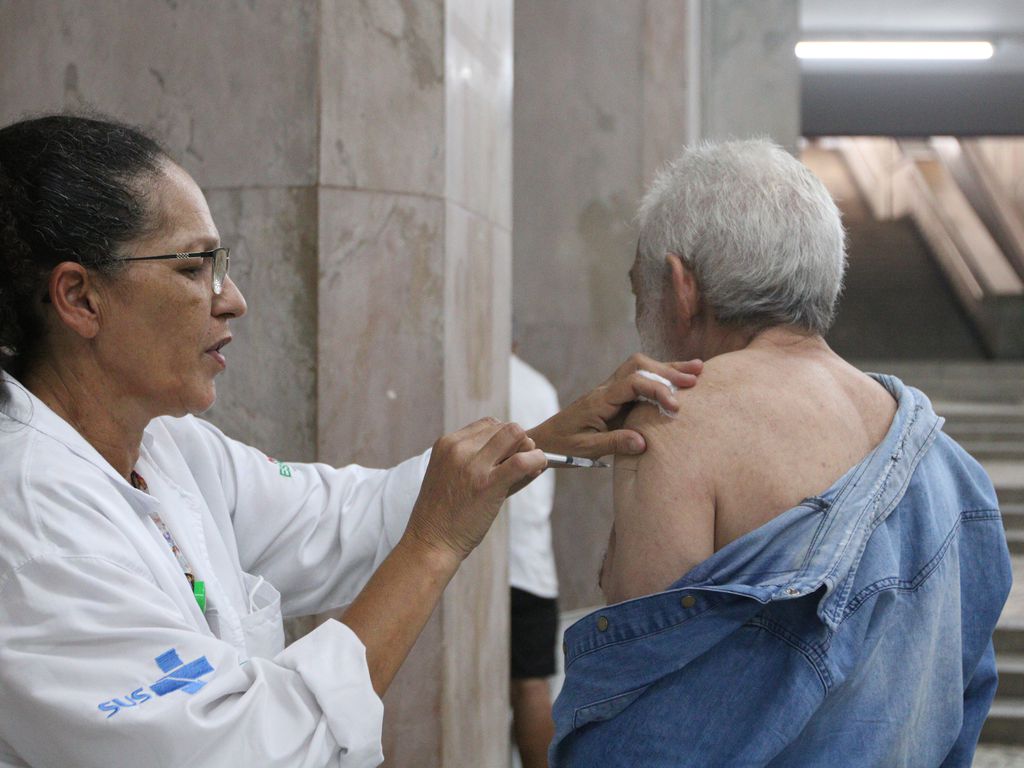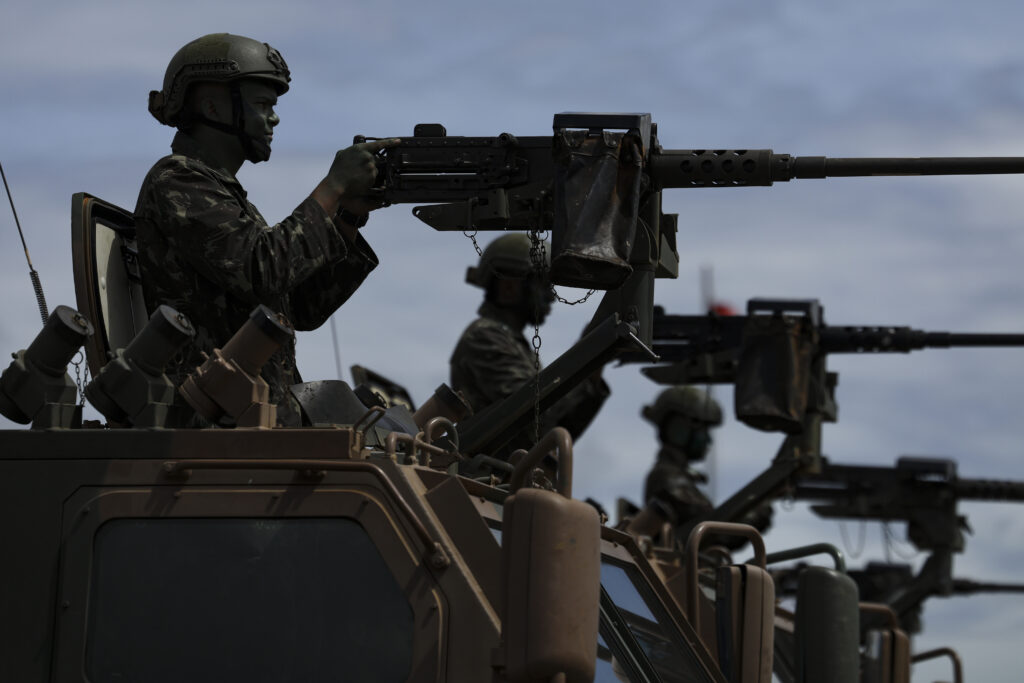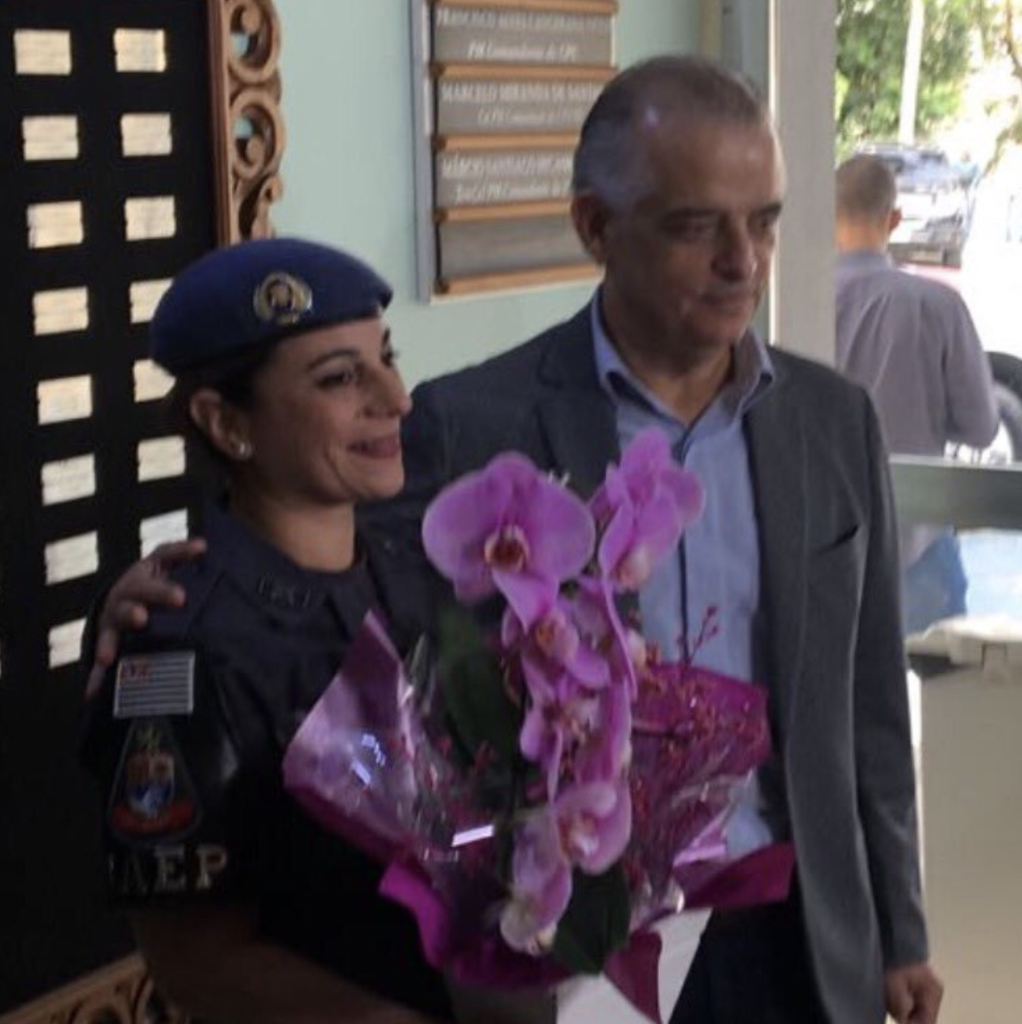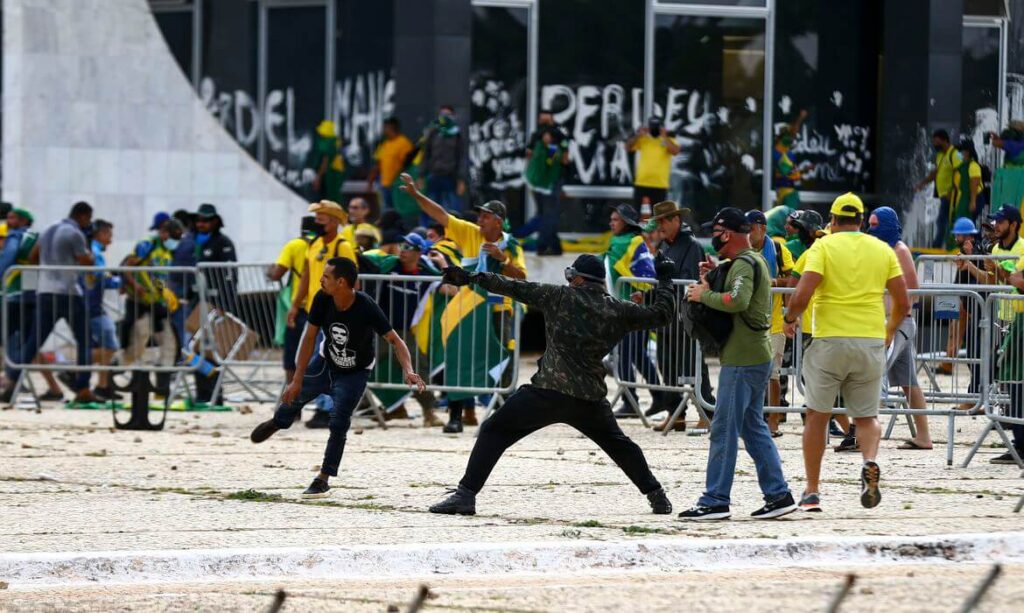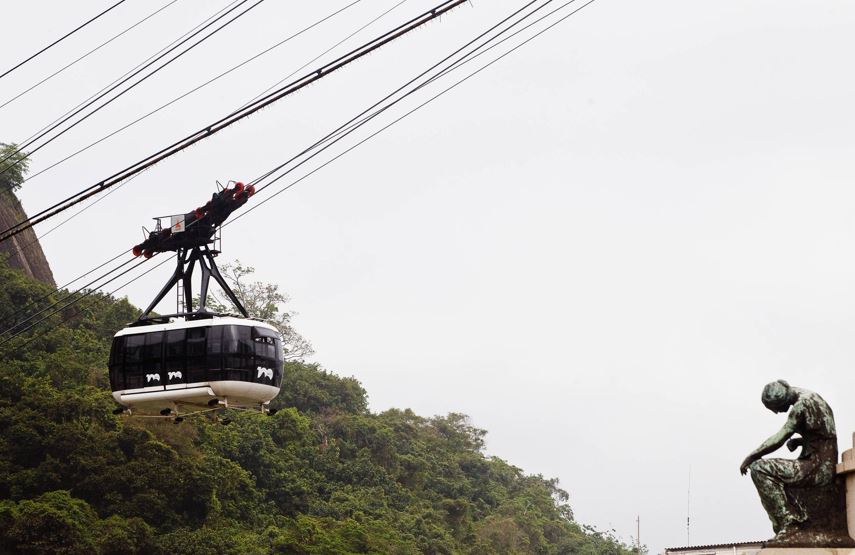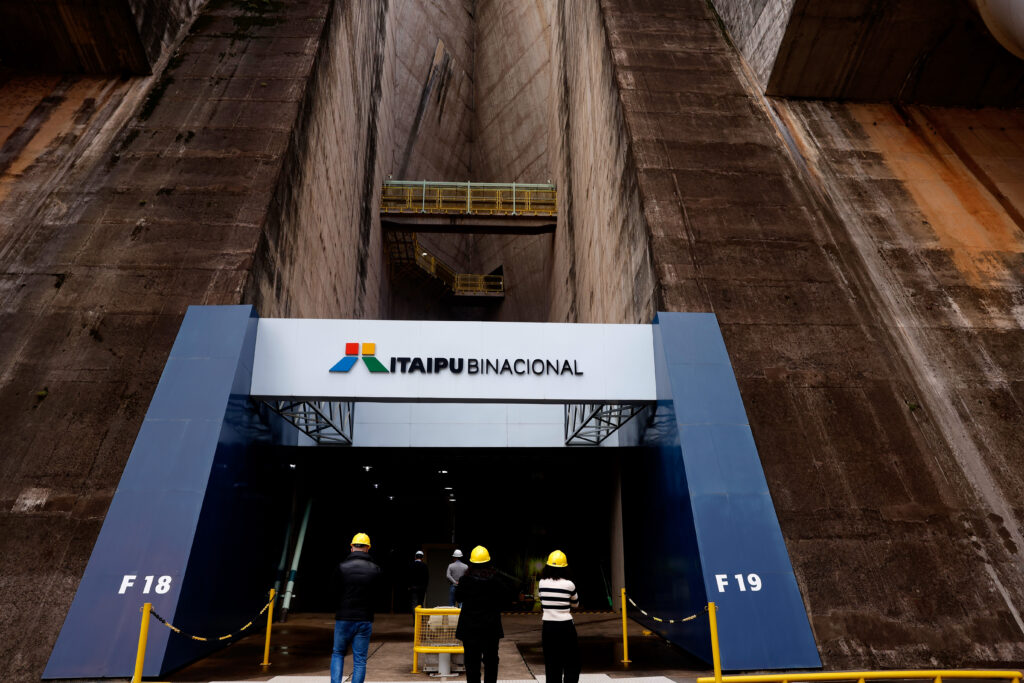São Paulo, Brazil — As cases of dengue fever rise across the country, Brazil’s government is reportedly betting on a Japanese vaccine to help control the virus.
On June 26, the Qdenga vaccine, produced by Tokyo-based Takeda Pharma, became available in private healthcare facilities in Brazil. After some initial wavering, President Luiz Inácio Lula da Silva’s government is reportedly negotiating with the Japanese to buy the vaccine to deploy in Brazil’s public healthcare system, although an official timeline has not been set.
Lula’s Health Ministry had initially proposed that Brazil focus on developing and deploying its own dengue vaccine, but received push back from the public.
Earlier this month, Carlos Gadelha, Secretary of Science, Technology and Strategic Products at the Brazilian Ministry of Health, walked back the government’s stance, saying, “At no time has the Ministry of Health been against importing vaccines that have quality, effectiveness, safety for people and that companies have a social commitment to present a price that is feasible to guarantee universal access.”
The Qdenga vaccine is currently available in Brazil’s private healthcare system for people between the ages of four and 60. They must pay for the vaccine, and costs range from R$350 to R$500 (USD $43 to $100) per dose, depending on location.
To complete the vaccine schedule, two doses must be administered with an interval of three months between each dose. The vaccine had been approved by Brazilian Health Regulatory Agency (ANVISA) in March of this year, and a clinical evaluation of the vaccine indicated an efficacy of 80.2% against dengue fever.
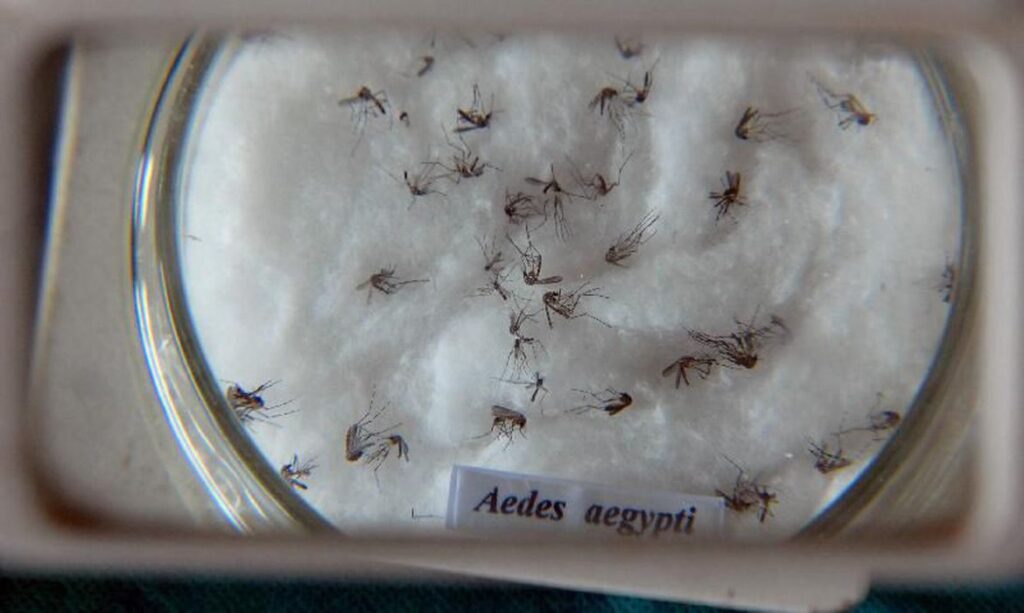
Brazil’s private healthcare system services around 50,000,000 people and is accessible by 25% of the population. Brazil’s public healthcare system, the Unified Healthcare System (SUS), services close to 70% of the population, according to the United States Department of Commerce.
Brazil’s government said on July 6 that it has not yet received an official proposal from Takeda Pharma to include the Qdenga vaccine in the public health system, but the Health Ministry said it was interested in working with the company to potentially make the vaccine available within the public system in early 2024.
Brazil’s dengue spike
Dengue fever has been one of Brazil’s greatest health issues in recent years. On average, at least 1 million cases are registered per year.
And 2023 is shaping up to be one of the worst years for dengue in Brazil this century in terms of the number of cases. Between January and May, 1,101,270 people were infected, compared to 900,008 during the same period last year.
Last year, Brazil recorded 1,000 deaths caused by dengue. From January until June this year, the country has already reported 709 deaths.
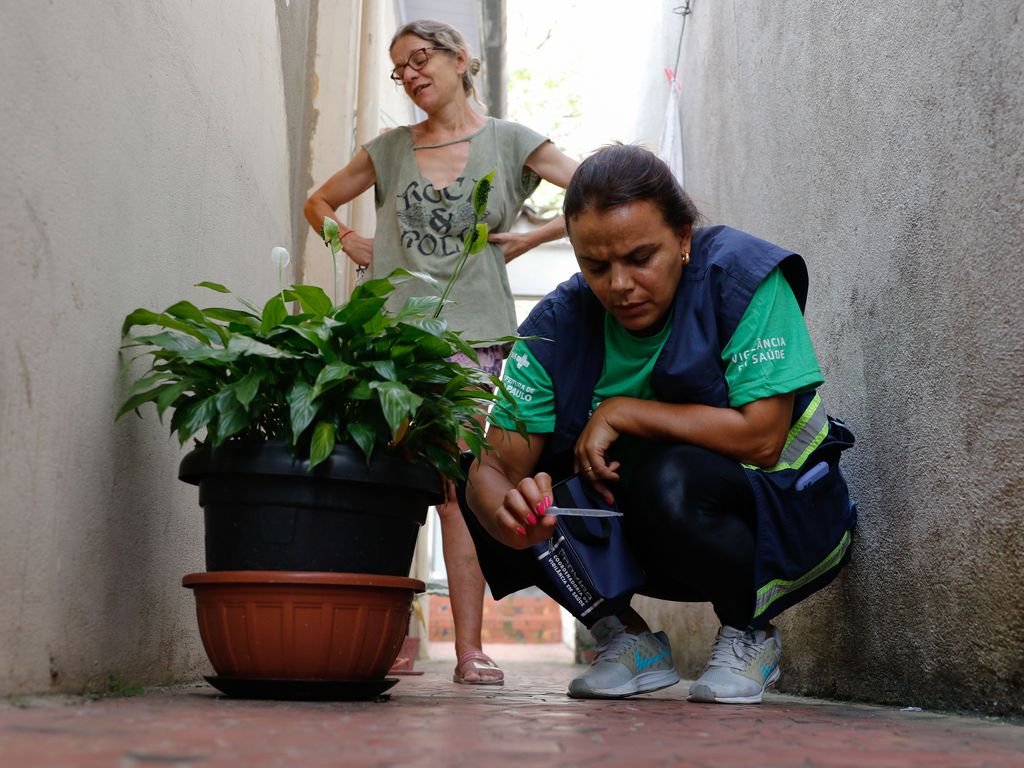
In May, the government launched a new dengue fever prevention campaign. According to the Ministry of Health, Brazil registers successive dengue epidemics with increasingly shorter breaks between each one.
“Factors such as climate variation and increased rainfall in the summer across the country, the large number of people susceptible to diseases and the change in the circulation of virus serotypes are factors that may have contributed to the growth of cases,” said the ministry.
According to the ministry, prevention is the best way to fight the disease. “Any place of standing water must be eliminated, as it is there that the transmitting mosquito, the Aedes Aegypti, lays its eggs and develops,” the ministry warned.


